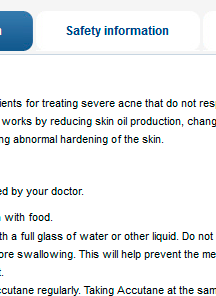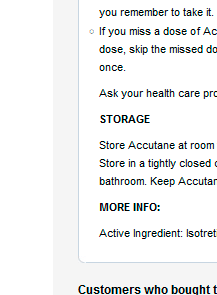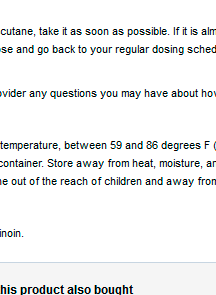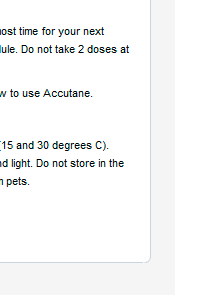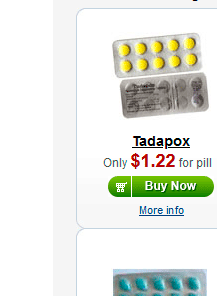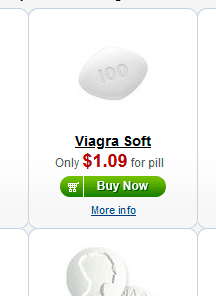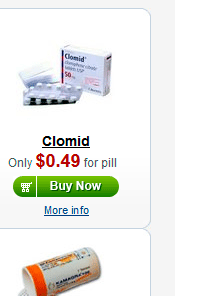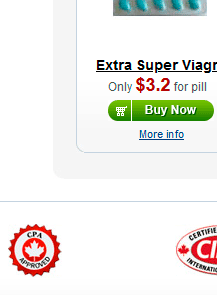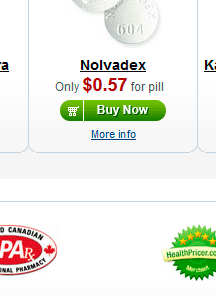Buy Accutane Online Pharmacy
Accutane
is prescribed for treating a type of severe acne known as nodular acne
or acne conglobata. This involves numerous large, painful breakouts
that can remain for months or years. Nodules are inflamed lesions
deeper under the skin compared to typical pimples. Accutane is most
appropriate for those with nodules, inflammatory cysts, and acne
covering large areas like the face, back, and chest.
Multiple clinical trials have demonstrated that Accutane leads to
significant clearing of severe acne. In one study, after 20 weeks of
treatment, nearly 89% of participants had a reduction in inflammatory
lesions and over 83% had cleared or minimal acne activity. However,
acne-fighting comes with risks. Lower
doses are associated with better tolerability and reduced side effects.
Cumulative dosing of 120-150 mg/kg over a full course is typical.
Side
Effects and Safety Concerns
There are numerous potential side effects associated with Accutane use.
These include: Dry skin, lips, mouth and eyes. Patients often require
moisturizers and lip balms. Headaches and muscle aches.
Over-the-counter pain medication may help. Nosebleeds and bleeding
gums. Higher injury risks. Increased blood fats, liver enzymes,
cholesterol and triglycerides. Requires monitoring. Gastrointestinal
issues like nausea, diarrhea, abdominal pain. Taking with food helps.
More seriously, Accutane may also cause depression, bowel disease, or
birth defects if used during pregnancy. Due to risks, patients need
bloodwork and must avoid pregnancy during treatment. Overall, while it
can be highly effective, Accutane has among the most adverse effects of
any acne medication. Strict oversight is required.
Best Candidates
Given the safety concerns, Accutane is generally only used for severe
acne unresponsive to other interventions. Mild to moderate inflammatory
acne often responds to topical retinoids and antibiotics. However,
those with substantial cystic acne, scarring acne, or acne covering
large bodily surface areas may be candidates for Accutane after trying
other treatments without success.
Typically, dermatologists reserve Accutane for acne rated as category 4
(severe) or 5 (very severe) on the Comprehensive Acne Severity Scale
(CASS). It is not considered a first-line treatment and other systemic
or topical medications are tried first due to the side effect profile.
However, for those with disfiguring cystic acne, the benefits often
outweigh the risks.
Other Considerations
Accutane treatment requires extensive oversight by a prescribing
doctor. Patients must use two forms of effective birth control and have
monthly pregnancy tests. Bloodwork helps monitor for side effects
involving cholesterol and liver enzymes. Users are advised to avoid sun
exposure and required to abstain from blood donation during treatment.
Despite risks, the success rates of Accutane are impressive for severe,
scarring acne. Many also note a lasting remission from acne after one
course of treatment. However, due to the safety issues, it is no longer
recommended as a first-line intervention for milder inflammatory acne.
The benefits versus potential harm must be carefully weighed.
Overview and Conclusion
Accutane (isotretinoin) remains a highly effective oral medication for
treating severe nodular acne unresponsive to other interventions. By
reducing oil production, modifying lining of pores, preventing
bacterial growth and decreasing inflammation, Accutane can lead to
dramatic improvement in cystic, scarring acne lesions.
However, it also carries significant side effects including dryness,
headaches, bleeding, gastrointestinal upset and elevated blood lipids
and liver enzymes. More concerning are potential risks of depression,
inflammatory bowel disease, and severe birth defects. Extensive
oversight and blood monitoring are required.
For those with severe, cystic acne covering large bodily surface areas,
Accutane
may be warranted after other therapies have failed. Mild or moderate
acne generally responds better to topical treatments first. While
Accutane is very effective, its high adverse effect incidence means
risks versus benefits must be weighed closely. Oversight by an
experienced dermatologist is essential.

